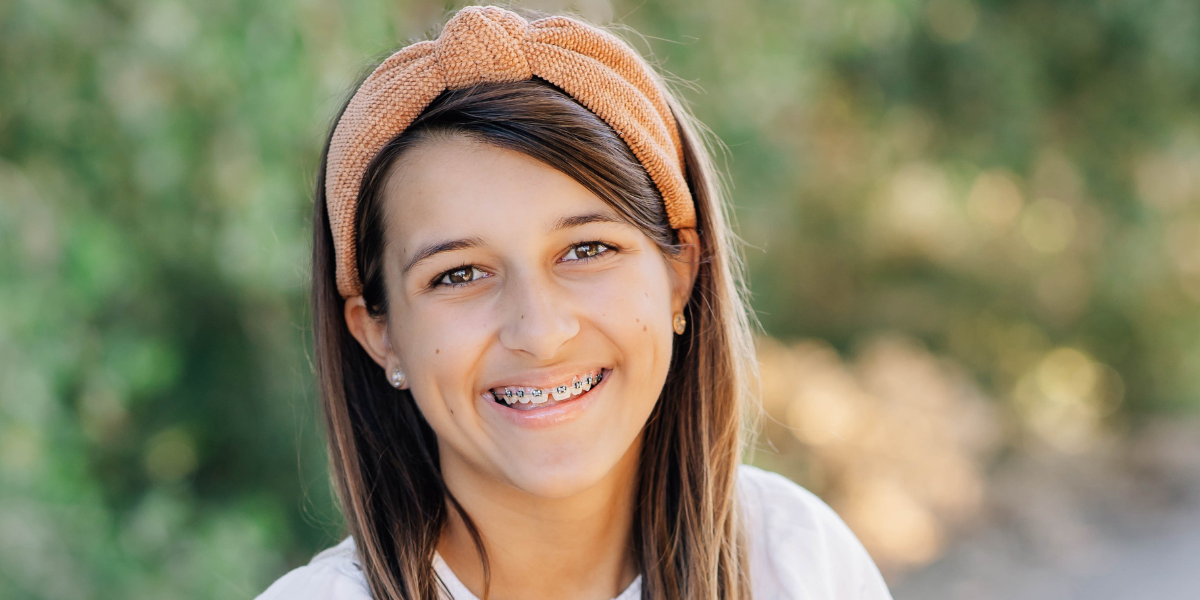In 2014, Susie and Niels Jensen, then living in Augusta, Georgia, received an autism diagnosis for their 3-year-old daughter, Claire. Faced with a lack of effective services in their area, the Jensens pursued a nationwide search for support.
Their search led them to the Koegel Autism Center at the University of California Santa Barbara in 2014, which at the time was under the direction of autism experts Drs. Robert Koegel and Lynn Koegel, the developers of pivotal response treatment (PRT).
“When you receive an autism diagnosis, you just want to find the best programs for your child and there’s just so much out there,” Susie says. “Looking back, it was incredibly overwhelming to navigate. We tried a few different clinics before finding the Koegels at UC Santa Barbara.”
While spending time at UC Santa Barbara, both Susie and Niels were looking for work, as Niels was close to finishing his dental residency. The Jensens knew they wanted to stay close to family back home in Las Vegas. When they had the opportunity to move to Phoenix, they thought it was a perfect fit for their family. Dr. Lynn Koegel thought the same as she recommended the Jensens further explore SARRC — which embeds the practice of PRT into its intervention — for support.
After careful research and confidence that SARRC would be ideal for Claire, Susie and Niels relocated to Arizona in 2015. Claire was enrolled in the Comprehensive Behavioral Program (CBP) the following January.
Within the program, clients 13 years old and younger and their families work alongside SARRC’s therapists to help develop social and communication skills, skills to promote independence, and skills needed to be successful at home, school and daily life.
CBP has been a transformative experience for both Claire and the Jensen family. Susie credits this to the supportive team of therapists at SARRC who have been working with Claire since she began the program in 2016.
“Our therapists are like extended family, like grandparents,” Susie says. “They’re with Claire nearly every day, both at home and school. They see everything in a majority of her environments including the good and the hard and they are there to help us through it all. They’ve become lifelong friends to both us and Claire.”
Claire’s therapists also helped support her in overcoming her anxiety when it came to visiting new places as well as conquering the overwhelming sensory components of her doctors’ and dentists’ appointments.
The support over the past nine years has allowed Claire to be more independent and confident and has taught her important life and practical skills, according to Susie.
At the end of May, Claire will graduate from the program, and her parents plan to continue being a part of the SARRC family as they are planning on enrolling Claire in SARRC’s PEERS for Adolescents, a social skills program that helps teens make and keep friends through weekly instruction and group-based activities.
“We’re looking forward to continuing with SARRC; we plan to enroll Claire in PEERS, and we are already thinking about First Place’s Transition Academy once she graduates high school,” Susie says. “That’s what’s so great about SARRC; they offer support and services across the lifespan.”
Now, after eight years with SARRC’s CBP program, the Jensen family is eager to continue building on the progress Claire has made with SARRC by their side.

